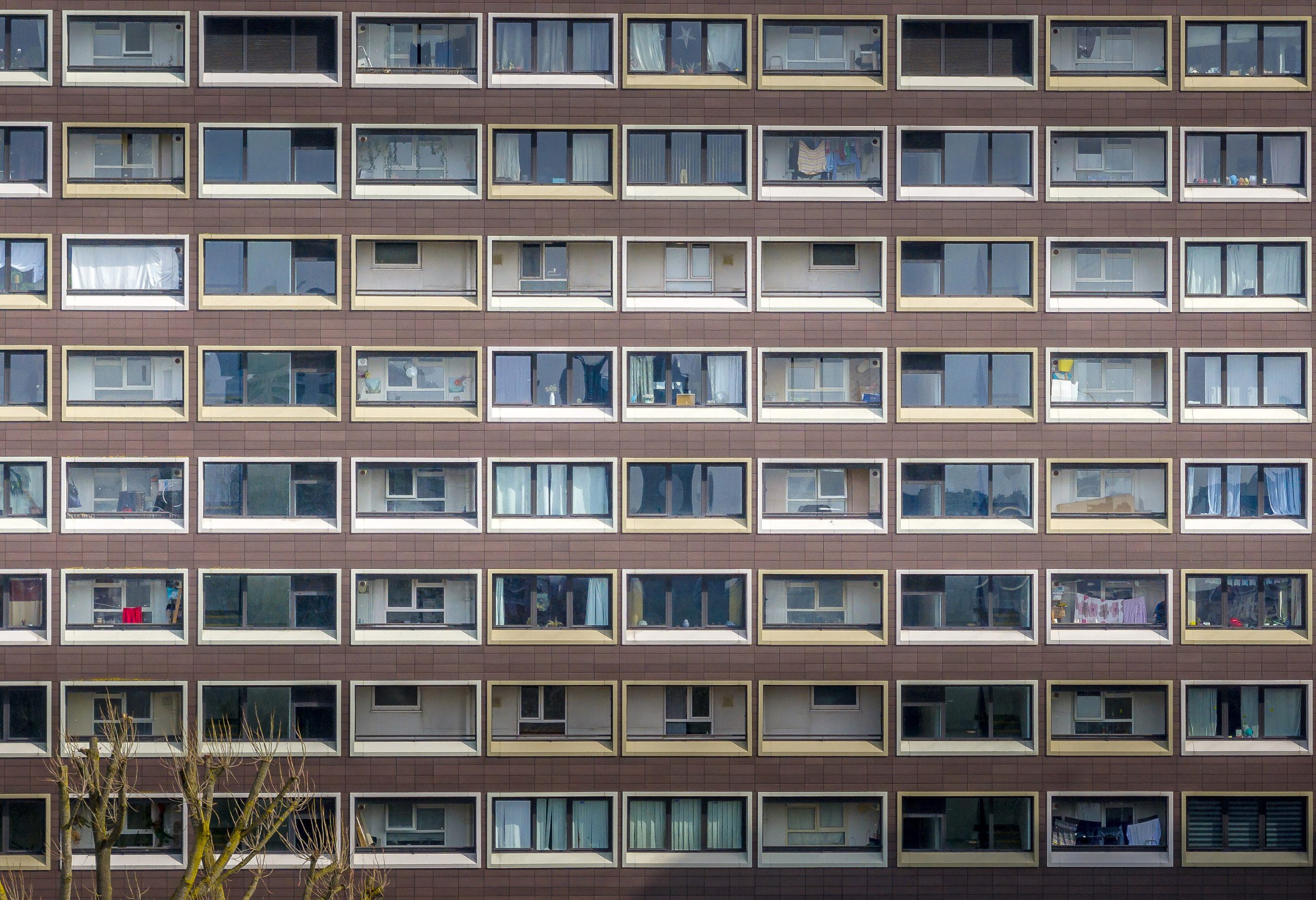Last month, Chris Worrall — the apparently ‘pro-housing’ Labour councillor and founder of Labour YIMBY — announced his defection to the Conservatives.As he did so, he claimed that Labour had become a ‘PIP and asylum seeker PAYEpig’, and that the party had extinguished hope for the burgeoning YIMBY movement.
For the unfamiliar, YIMBY stands for ‘Yes in My Back Yard’. Its core demand is deregulating planning laws to enable large-scale housebuilding (mostly of the expensive market-priced variety), based on the belief that simply increasing supply will lower prices and solve the housing emergency. However, research suggests that building expensive, ‘luxury’ flats does not lower prices for everyone. In fact, it only flattens prices for similarly priced luxury housing nearby, while significantly pushing up prices for lower-income residents and intensifying gentrification.
One of the core principles of YIMBYism is ensuring easier access to property ownership and wealth accumulation. Yet, bizarrely, advocates refer to themselves as ‘housing activists’ and think of themselves as ‘campaigners’ embedded in a ‘pro-housing’ movement. They might choose to adopt the language of those on the front line of the housing emergency. But in reality, their natural habitat is the boardroom — and buffet lunches with developers.
Though Chris Worrall represents YIMBYism’s extreme end, the wider movement has rapidly integrated with the Labour Party. Indeed, even Keir Starmer has proclaimed himself a YIMBY, and said that he backs ‘the builders, not the blockers’. In just a few years, YIMBYism has successfully built a hegemonic narrative of the housing crisis. To protect the status quo, YIMBYs advance a false dichotomy: between those who are ‘pro-housing’ on the one hand, and on the other, anyone who dares to oppose their simplistic mantra of ‘build, baby, build’.
Such developments have served our political leaders well. Reducing housing economics to GCSE-level supply-and-demand formulas has enabled them to shirk responsibility for decades of failure (the erosion of public housing, zero restrictions on rent raising, rising homelessness, poverty and inequality). Successive governments have hidden behind the promise that home ownership will provide individual prosperity and financial security, only to usher in austerity, cuts to public services and pensions, and the erosion of working-class solidarity.
A cornerstone of the current Labour government’s approach to the housing crisis is the promise of building 1.5 million new homes this electoral term. Yet, despite growing calls for more social housing, the party recently revealed that only180,000of the new homes will be socially administered over the next decade.
Once the numbers are crunched, it seems that Labour’s housing plan largely depends on the private sector delivering high-priced homes. Indeed, there is no real break here from the failed logic of privatisation and austerity. Labour is merely throwing more rocks into a sinking ship, and hoping that money will float to the top and enable economic growth.
We need to break down the false dichotomy of YIMBY vs. NIMBY — and advocate for any new housing, whether built or bought up by councils, to be public housing only (if another ridiculous acronym is required here, let it be PHIMBY, ‘Public Housing in My Back Yard’). A massive expansion of public housing supplemented by an immediate freeze on all rents is the policy solution that will start to move us away from a housing system hell-bent on profit over people’s lives.
Such an expansion does not need to be achieved solely through building. In the past, councils had larger budgets that they could use to buy up housing on the open market – and they might again. Alternatively, we could adopt policies like those proposed inPortugal, where councils may soon use compulsory purchase orders to buy up long-term empty homes and convert them into public housing.
These interventions would go beyond the materiality of bricks and mortar — they would protect communities from the violence of gentrification and lift hundreds of thousands of people out of poverty. Public housing could free up billions of taxpayers’ money to be used on funding public services, education, and investment in people and communities. Lower rents would significantly reduce housing benefit costs, and more secure housing would redirect billions spent on homelessness provision. If the government committed to 90,000 new social homes per year, cash-strapped local authorities could save an estimated£245 million annually.
But there are dangers in advocating for an expansion of our current, degraded ‘public’ housing system — in which council housing and social housing providers have been swallowed up by market forces, leading to escalating rents, deteriorating living conditions, and the increasing alienation of ethnic minority and working class tenants. Meanwhile, the wider housing sector offers tepid calls for more social housing, while it refuses to confront the rot at the system’s core — a profit-driven model in which CEOs pocket six-figure salaries, while many so-called ‘providers’ double as private landlords, charging market rents to keep balance sheets in order.
A glance at the current system reminds us that increasing the stock of social housing is not enough: we need to fundamentally change how it is governed and break decisively away from privatisation. Tenants and communities must be put in charge of the system and granted direct control over their living environment. Public housing should be an investment in people, enabling residents to thrive as members of their community, society, and the economy.
Ultimately, a long-term vision for public housing has to proceed from the realisation that we do not need the false promises of the property ladder to guarantee security and permanence for our communities. If we fail to break the false dichotomy of YIMBYism and NIMBYIism, we will never tackle deepening social inequalities or rebuild working-class power. Getting public housing right is key to shaping a future in which we can all thrive, not just the rich and powerful.
